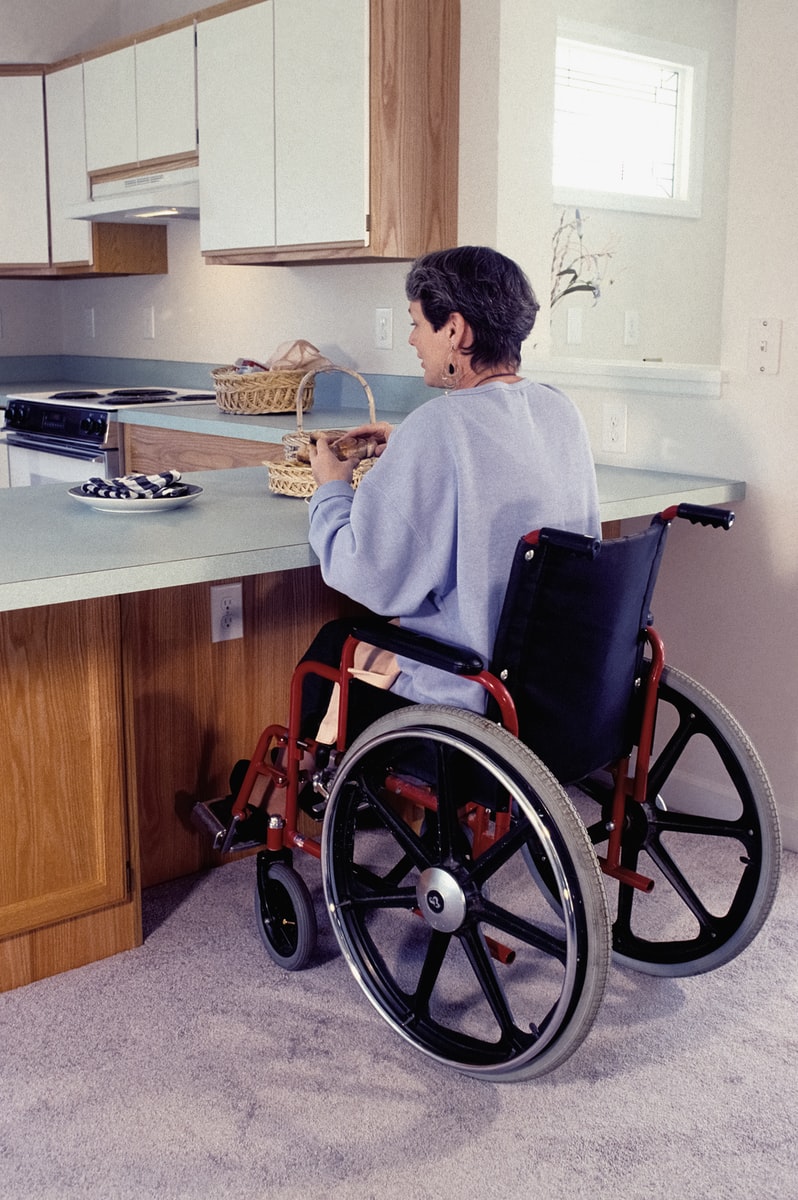No one wants to have to deal with a medical emergency. Unfortunately, medical emergencies don’t care about whether or not they’re wanted. While everyone is at risk of surprise accidents and incidents, some people exist in a condition of health that increases the risk of a medical emergency arising. In these cases, people are often looking for ways to reduce the risk of incidents but also to minimize the possible damage done should a medical emergency occur. One common solution is the adoption of a medical alert system.
The following will explore a few of the major reasons why medical alert systems are useful, as well as explain the additional features available to help people customize their medical alert system experience. Of course, no home system replaces medical intervention when it’s required; if you or someone you know is in need of medical attention, reach out to a professional as soon as possible.
What Is A Medical Alert System?
Broadly, a medical alert system is a system that provides monitoring and assistance. They are particularly popular among people at risk of falls. While systems vary, most tend to include a medical alert device that allows the owner to call for emergency medical support with the press of a button. Some devices also contain a fall-sensing element that will automatically reach out to emergency medical services if a fall is sensed.
You can check out Bay Alarm Medical Review, as they comprehensively evaluate different medical alert systems, including their ease of use. There are also videos of medical alert testing that explain how to use specific models and what additional features are available. Be sure to think about who receives the alerts should the system be activated. Some people prefer to have their emergency contacts called (family members, typically), whereas others want a 24/7 call monitoring center.
If you’re considering a medical alert system for someone you know, it’s important to speak to them at length about the entire system before making a purchase. Apply active listening and be sure that you understand their concerns and worries, as this can help you make a much better choice than if you were selecting one all by yourself. There might be aspects of their experience that you haven’t witnessed that result in them needing features you didn’t think about.
Quick Response
One of the most important benefits of a medical alert system is the quick response time it has. Should an accident occur, a person typically has to get to the phone, dial an emergency number and explain their situation and location to a person on the other end of the line. Medical alert systems rapidly speed up that process, with some calling for help automatically and others making the whole process as quick as pressing a button.
In cases where medical conditions or medical emergencies could present a person with further harm should a longer response time occur, medical alert systems can quite literally save lives. If medical intervention can be achieved more quickly, things like blood loss are at a lower risk of causing long-term harm.
Easy Response
The second major benefit of medical alert systems is how easy they are to use. In some medical emergencies, mobility or dexterity may be limited. Because medical alert systems require minimal movement (sometimes no movement at all), they reduce the risk that mobility issues will prevent timely response to medical issues.
When Loss Of Consciousness Is A Possibility
In instances where a fall or medical condition has resulted in a loss of consciousness, it is impossible for the person who is suffering from an emergency to reach out to medical professionals. If the person is alone when the incident occurs, this could mean that they don’t get the medical intervention they need for several hours, sometimes even days.
Automated medical alert systems reduce the risk that someone is going to be alone, unconscious, and in need of medical assistance because many send automated alerts to emergency services when specific criteria are met (a fall sensed or a heart rate alteration, for instance).
When Getting Lost Is A Possibility
Certain degenerative conditions can result in people losing the ability to recognize familiar locations. In these cases, it’s not uncommon for people to wander and get lost. There are medical alert systems that send an alert when someone steps outside of a designated zone. This can reduce the risk of people getting lost.
The above information should have explained the main ways that medical alert systems can be beneficial. Of course, every person is different, and so it follows that everyone who is experiencing a medical condition is experiencing it differently. If you have particular concerns not listed in this article, reach out to a medical professional for their guidance. There might be a brand that includes the feature you need.


